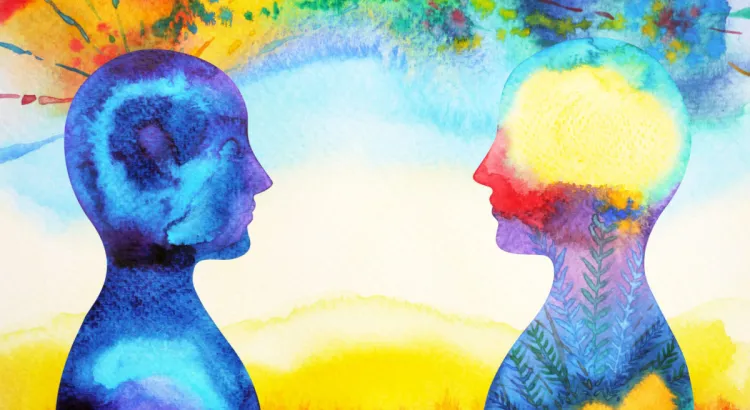Recently, the intriguing prospect of psychedelic mushrooms as a remedy for depression has generated significant interest. This unconventional approach to addressing one of the most prevalent mental health disorders globally has piqued the curiosity of researchers, healthcare practitioners, and individuals seeking innovative alternatives for managing their emotional and psychological struggles. Despite the potential controversy surrounding the use of psychedelics, it's crucial to explore the scientific research and anecdotal accounts that shed light on their potential to alleviate depression.
Comprehending Depression
To truly delve into the potential of psychedelic mushrooms in the treatment of depression, it is essential first to understand the nature of depression itself. Depression is a multifaceted and intricate mental health condition affecting millions worldwide. It often manifests as persistent feelings of sadness, hopelessness, fatigue, and a loss of interest in once enjoyable activities. Standard treatments for depression usually encompass a combination of therapy and medication, although these approaches do not yield universal success, necessitating the exploration of alternative avenues.
Psychedelic Mushrooms: An Overview
Psychedelic mushrooms, colloquially known as magic mushrooms or psilocybin mushrooms, have been employed for centuries in various cultures due to their psychoactive properties. The active compound responsible for their hallucinogenic effects is psilocybin. In recent years, psilocybin has gained prominence for its potential to alleviate symptoms of depression and other mental health conditions.
The Science Behind Psychedelic Therapy
The resurgence of interest in psychedelic therapy is largely attributed to groundbreaking research conducted by institutions such as Johns Hopkins University and Imperial College London. These studies have unveiled promising results, suggesting that controlled and professionally supervised consumption of psychedelics, coupled with psychotherapy, can lead to substantial and enduring improvements in mental health.
Understanding Psychedelic Therapy
Psychedelic therapy usually involves a series of guided sessions within a controlled and supportive environment. During these sessions, individuals consume a carefully measured dose of psilocybin under the guidance of trained professionals. This experience induces a profound altered state of consciousness, frequently accompanied by vivid hallucinations and intense introspection.
The hallucinogenic journey facilitated by psilocybin has the potential to encourage profound introspection and emotional release, allowing individuals to confront and process their traumas and negative thought patterns. Many participants report a newfound sense of self-acceptance, improved mood, and an enhanced overall sense of well-being after their experiences.
The Role of "Set and Setting"
An essential aspect of psychedelic therapy is the concept of "set and setting." The "set" pertains to the individual's mindset, intentions, and expectations, while the "setting" encompasses the physical and social environment in which the experience takes place. The interplay between a positive mindset and a safe, supportive setting is considered crucial for realizing the therapeutic benefits of psychedelics.
Safety and Legal Considerations
It's vital to note that, despite the potential benefits, the use of psychedelic mushrooms for depression treatment remains a contentious issue. Psilocybin is categorized as a Schedule I substance in many countries, including the United States, making its use outside of clinical trials or therapeutic contexts illegal. Moreover, the experience can be intense and may not be suitable for everyone, especially those with a history of mental health issues or psychosis.
Conclusion
The potential of psychedelic mushrooms to treat depression is a promising field of research that offers hope to those grappling with this debilitating condition. As our comprehension of depression and its treatment options advances, it is crucial to keep an open mind while exploring all potential solutions. Suppose you or someone you know is wrestling with depression. In that case, it is advisable to consult a mental health professional to explore the most suitable treatment options available within the confines of the law and medical ethics.
It's worth emphasizing that any use of psychedelics must be conducted under the supervision of qualified professionals within a controlled and secure environment. The journey to unearth the true potential of psychedelic mushrooms in the treatment of depression is ongoing, but the optimism it offers is undeniably captivating.


No comments yet